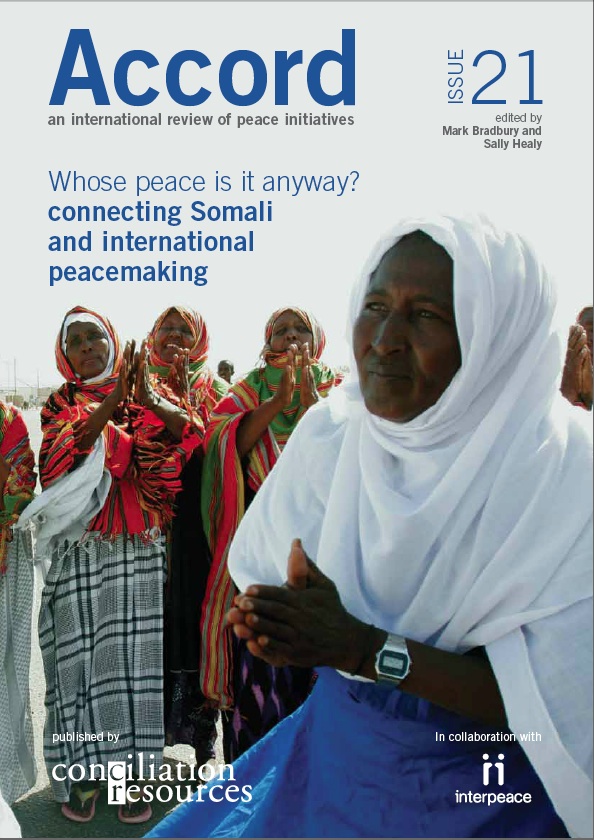Displacement is not only a side-effect of violence and political upheaval, but may also be orchestrated as a war strategy by armed actors seeking to control territory, resources and people. The presence of large numbers of displaced people or returnees can be evidence of the relative stability of the host location, but it can also create economic and political pressures that affect the consolidation of peace in post-conflict communities who are themselves still recovering.
Displaced people have a huge stake in peacebuilding and reconstruction processes, and yet they are routinely excluded from conflict resolution and peacebuilding efforts for a variety of reasons.
Whatever the causes of their movement, displaced people can find themselves doubly disenfranchised. Their departure from their former place of residence often consolidates and reinforces the voice of powerful social actors in local peace processes, further marginalising dissenting voices.
In places of refuge, both within the country of origin and without, displaced people often struggle to access resources, work and political representation. This has been the experience of many southerners in Puntland, Somaliland and Kenya.
In contrast, people who have gained citizenship further afield can have, and have had, a much stronger influence in peacebuilding processes. The influence of the Somali diaspora comes in many forms and has a range of effects. By remitting money to relatives and making business and property investments, they have had a significant impact on the economy of the Somali regions.
Often members of the diaspora are also politically engaged in different ways: in local clan matters, such as helping with compensation payments, funding community improvements, or funding local conflicts and peace processes; or backing major political actors, such as the political parties in Somaliland, members of the TFG parliament, or Al Shabaab. Meanwhile, people living in refugee camps and settlements in neighbouring countries can also sometimes be drawn into the dynamics of violence, providing a source of recruits and support for armed parties.
Transnational elites have financial clout and are a major voice in Somali politics. This is increasingly recognised by international organisations engaged in the Somali regions, as typified by the series of ‘letters to the Somali diaspora’ issued by the UN Secretary-General’s Special Representative to Somalia, Ahmedou Ould Abdallah.
Attempts to involve displaced people as stakeholders in peacebuilding processes are important and must be welcomed, but such initiatives must come with an awareness of the risks of privileging transnational elite voices at the expense of more marginal people both in the Somali regions and in the diaspora.

